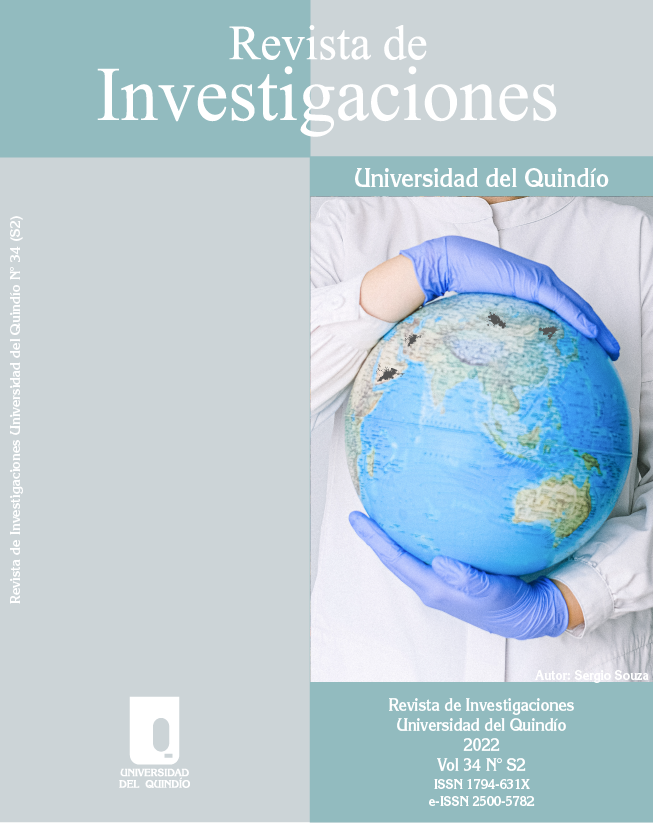Política y derecho como correlatos regulatorios del poder
DOI:
https://doi.org/10.33975/riuq.vol34nS2.949Palabras clave:
poder, política, regulación, eficiencia, legitimaciónResumen
El presente artículo pretende denotar la relación entre la finalidad normativa de la política y el derecho, que configuran el poder coherente como unidad dialéctica del poder político interesado en la legitimación jurídica de su estatuto y del poder jurídico, apelando al poder representado por el Estado, sobre por un lado, y su negación recíproca como encarnación de los paradigmas de eficiencia (política) y legitimación (derecho), por otro. Para cumplir con ese objetivo, se toman en consideración métodos científicos generales (dialéctico, comparativo, histórico-genético, estructural-funcional), y también científicos específicos (específico-sociológico, lógico-formal, histórico-jurídico, jurisprudencia comparada). Dados los resultados del estudio, el paradigma de eficiencia está determinado por el factor de resultado, y el paradigma de legitimación está determinado por el factor de proceso. La interacción de estos paradigmas da lugar a una contradicción antinómica, que es una característica atributiva de la regulación política y jurídica de los procesos sociales.
Descargas
Citas
Andrias, K., & Sachs, B. I. (2020). Constructing countervailing power: law and organizing in an era of political inequality. Yale LJ, 130, 546.
Butko, L. V., Markhgeym, M. V., Novikova, A. E., Pozharova, L. A., & Tonkov, E. E. (2017). Personal Dignity in the European Legal Culture. Journal of History Culture and Art Research, 6(4), 296-303.
Dahl, R. (2017). Power as the Control of Behavior. In Leadership Perspectives (pp. 221-242). Routledge.
Doshi, R., Kelley, J. G., & Simmons, B. A. (2019). The power of ranking: The ease of doing business indicator and global regulatory behavior. International Organization, 73(3), 611-643.
Fremeth, A. R., Holburn, G. L., & Piazza, A. (2022). Activist Protest Spillovers into the Regulatory Domain: theory and evidence from the US nuclear power generation industry. Organization Science, 33(3), 1163-1187.
Habermas, J., Derrida, J., & Borradori, G. (2003). Philosophy in a time of terror: Dialogues with Jurgen Habermas and Jacques Derrida. University of Chicago Press.
Hobson, J. M., & Seabrooke, L. (2001). Reimagining Weber: Constructing international society and the social balance of power. European journal of international relations, 7(2), 239-274.
Kalch, A., Bilandzic, H., Sappler, A., & Stellinger, S. (2021). Am I responsible? The joint effect of individual responsibility attributions and descriptive normative climate messages on climate mitigation intentions. Journal of Environmental Psychology, 78, 101711.
Onafuwa, D. (2018). Allies and decoloniality: A review of the intersectional perspectives on design, politics, and power symposium. Design and Culture, 10(1), 7-15.
Parrillo, N. R. (2020). A Critical Assessment of the Originalist Case Against Administrative Regulatory Power: New Evidence from the Federal Tax on Private Real Estate in the 1790s. Yale LJ, 130, 1288.
Sani, H. B. A. (2020). State law and legal pluralism: towards an appraisal. The Journal of Legal Pluralism and Unofficial Law, 52(1), 82-109.
Sellers, J. S., & Scharff, E. A. (2020). Preempting politics: State power and local democracy. Stan. L. Rev., 72, 1361.
Srivastava, S., Singh, S. K., Kumar, M., & Muhammad, T. (2021). Distinguishing between household headship with and without power and its association with subjective well-being among older adults: an analytical cross-sectional study in India. BMC geriatrics, 21(1), 1-12.
Descargas
Publicado
Cómo citar
Número
Sección
Licencia
Derechos de autor 2022 Revista de Investigaciones Universidad del Quindío

Esta obra está bajo una licencia internacional Creative Commons Atribución-NoComercial-SinDerivadas 4.0.


